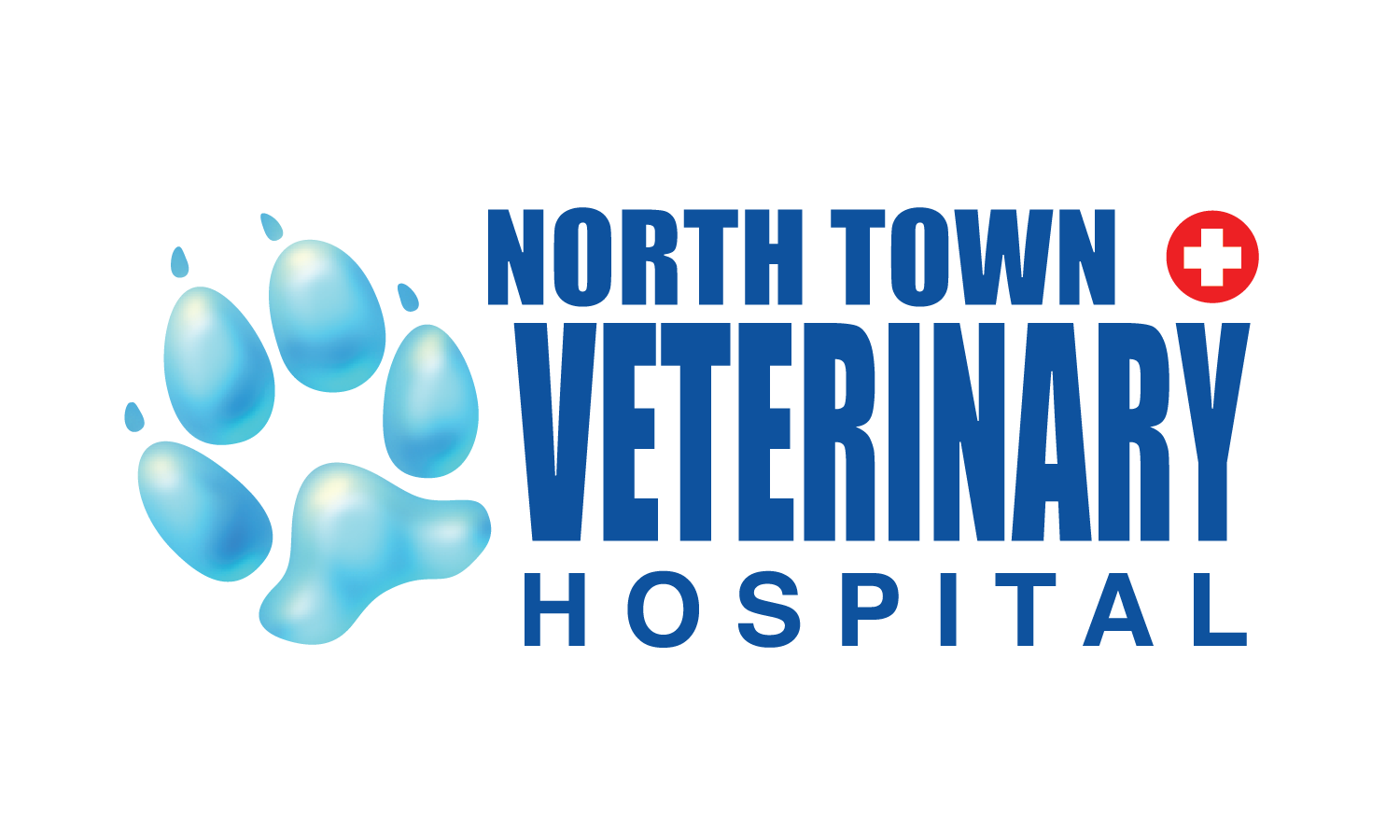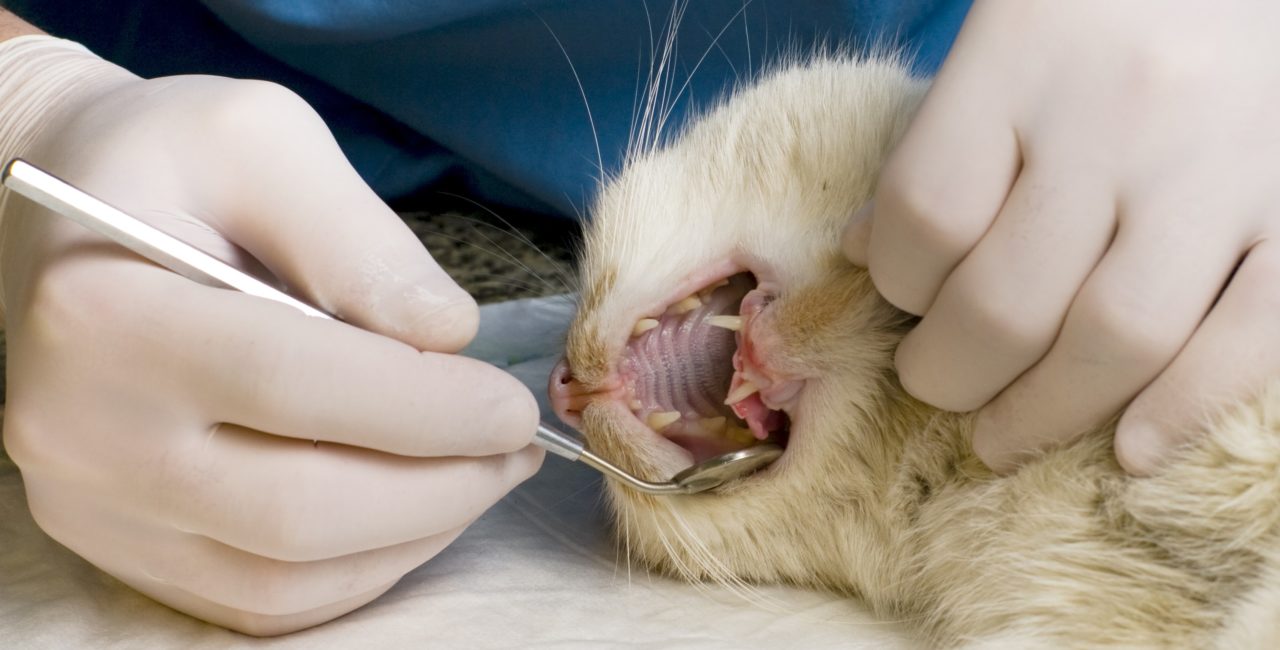Oral hygiene is often overlooked by pet owners but is a very important part of your pet’s overall health. If they have a toothache or sore gums, they are dealing with pain and stress you may not know about. If dental disease is left untreated, bacteria in the mouth can enter the blood stream and affect their heart, kidneys, liver and other body systems.
Most experts agree that daily brushing is ideal. When starting out, a slow approach, to begin with, may be best. Depending on your pet’s temperament and background, it can take several weeks to gain his or her cooperation. First, take time handling their mouth and get them used to that. Next, you can put some pet toothpaste on your finger and let them taste it, rub it on their gums and teeth so that they can get accustomed to you touching their mouth. Once they seem comfortable, you can move on to using a toothbrush. For cats or small dogs, you can use the type that fits on your finger, while medium to large dogs should use a pet toothbrush. Each time you brush, work on a few more teeth, once your pet is comfortable with the front teeth being brushed move on to the back teeth reapplying toothpaste as needed, remembering to brush along the gum line! Remember to only use toothpaste formulated for pets, as human toothpaste have ingredients (fluoride, sweeteners, etc., ) that can be dangerous to pets.
If daily brushing is unrealistic, aim for every other day, or at least three to four times per week. Making it a part of your daily routine is easiest. If your pet’s patience only lasts long enough for you to do half of the mouth, do the other half the next day. That being said, this can take a lot of time and patience, and some pets just won’t cooperate. Other options for dental care include feeding your pet a dental diet that is veterinary approved (like Hills t/d or Royal Canin Denta) and giving dental chews and water additives to help fight plaque buildup. Remember to look for the VOHC (Veterinary Oral Health Council) approved label on packages to make sure the treat, food, toothpaste, or additive is proven to work on plaque or tartar.
Whatever your choice for home dental care, it is important to have regular dental checks with your veterinarian or registered veterinary technician, and dental cleanings performed under anesthesia to check for tartar you may have missed, cracked or broken teeth and growths or abnormal spots in your pet’s mouth. This is the best way for your pet to have a happy, healthy mouth!
Written by Pat Waters




